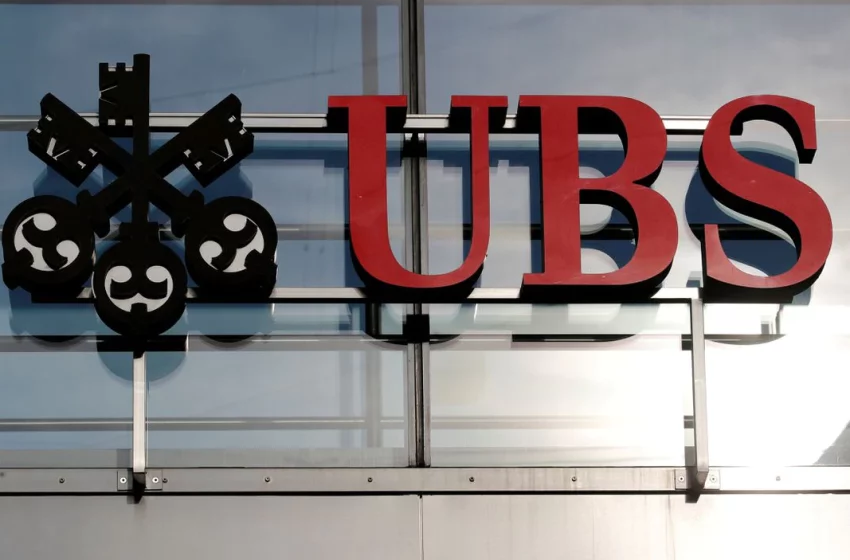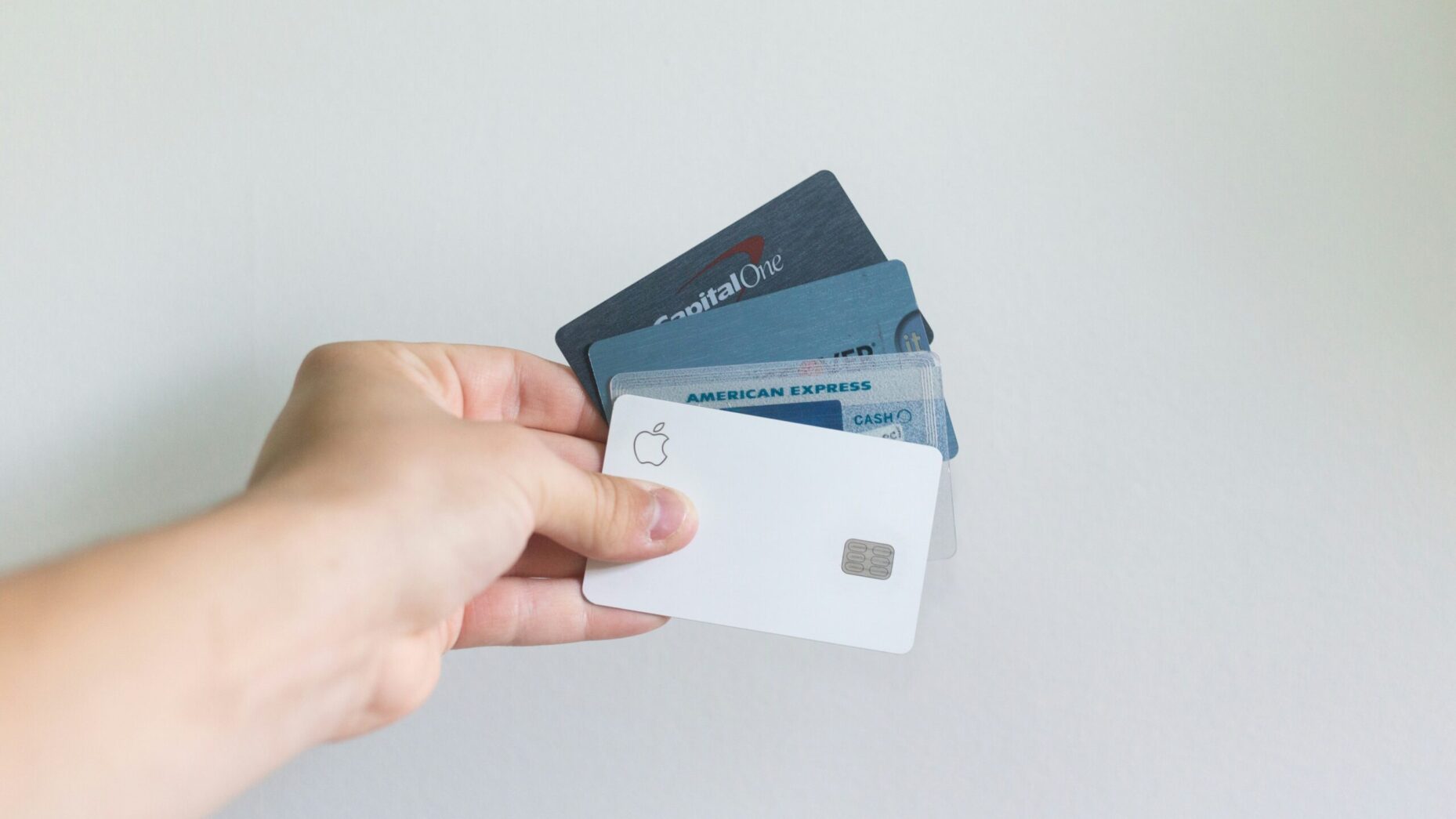
UBS books best annual profit since 2006, sets loftier goals
ZURICH, Feb 1 (Reuters) – UBS (UBSG.S) on Tuesday reported its best annual profit since the global financial crisis, emboldening it to hike share buybacks and set more ambitious profit goals as it banks that more digital products will result in hefty cost-savings.
Shares in Switzerland’s biggest bank surged 6.5% in early trade to a four-year high.
In its first major strategic review since Chief Executive Ralph Hamers took the helm in November 2020, UBS said it wants to use technology to help it increase revenues and reach more customers in the years ahead, while also continuing to bring costs down.
“UBS is in better shape than ever,” Hamers said in a statement. “We’re adapting our coverage models to deliver more digital and scalable advice as well as bespoke solutions.”
It announced plans for up to $5 billion in share buybacks for this year after repurchasing $2.6 billion in 2021 and said it was proposing a dividend hike to $0.50 per share for last year from $0.37 for 2020.
Buoyed by robust trading activity from ultra-wealthy clients as well as dealmaking, UBS’s net profit for 2021 surged 14% to $7.5 billion, its strongest performance since 2006 and better than a consensus estimate of around $7 billion from analysts compiled by the bank.
Profit for the fourth quarter tumbled a smaller-than-expected 18% to $1.3 billion, dragged down by a 650 million euro hike in provisions set aside to cover penalties in a case accusing the bank of helping wealthy clients in France evade taxes.
“We find 4Q21 results strong, continuing to show good revenue momentum across the board, while cost control was also impressive this quarter,” Jefferies analysts said in a note.
UBS revised its goal for earnings it wants to generate off underlying expenses, setting a 70%-73% target for its cost-income ratio, more ambitious than its previous target of 75%-78%.
It also said it aimed to boost the returns it generates off core or common equity tier 1 capital to 15%-18%, up from its previous guidance for 12%-15%.
TECH LEG-UP
Eager to expand outside its core client base of billionaires and multi-millionaires, UBS in October outlined a plan to lure clients in America with a digitally scalable advice model. read more
Last week, it also agreed to buy California-based digital wealth management startup Wealthfront in a $1.4 billion all-cash deal, targeting younger tech-savvy U.S. investors. read more
On Tuesday, it said it was open to further bolt-on acquisitions and would seek to extend its digital offerings to reach affluent clients in other key markets as well.
“Together, we can expand our wallet share, access new clients, lower the cost to serve, and drive long-term growth,” it said in a statement. “Looking ahead, we are planning similar models in the rest of the world.”
It said it aims to lift invested assets across wealth management, asset management and its Swiss home market business to $6 trillion, from $4.6 trillion currently but did not specify a timeframe.
The world’s biggest wealth manager, UBS has sailed through the COVID-19 pandemic thanks to buoyant markets and a spike in trading by its ultra-wealthy clients. read more
Its results contrast sharply with scandal-hit Credit Suisse (CSGN.S), which has warned of a fourth-quarter loss, flagging fresh legal costs.
On Tuesday, UBS said that during the fourth quarter it had continued to see high levels of client activity in its core wealth management division, with increases in revenue from lending, recurring fees and transactions pushing up operating income 13% year-on-year.
The division posted $26.9 billion in fresh fee-generating client inflows, which with gains in asset prices, pushed invested assets in its global wealth management business up 3% from the previous quarter to $3.3 trillion.
Its asset management division saw pre-tax profit fall 17% with the bank citing more “normalized levels” for performance fees, while profits from investment banking soared 35% on the back of higher revenues from trading and dealmaking.
Reporting by Brenna Hughes Neghaiwi; Editing by Michael Shields and Edwina Gibbs






